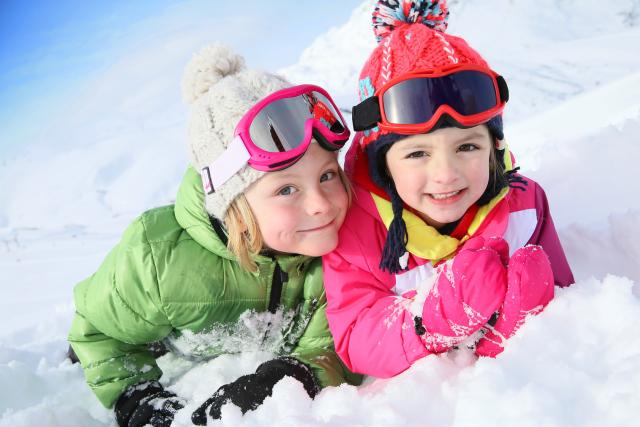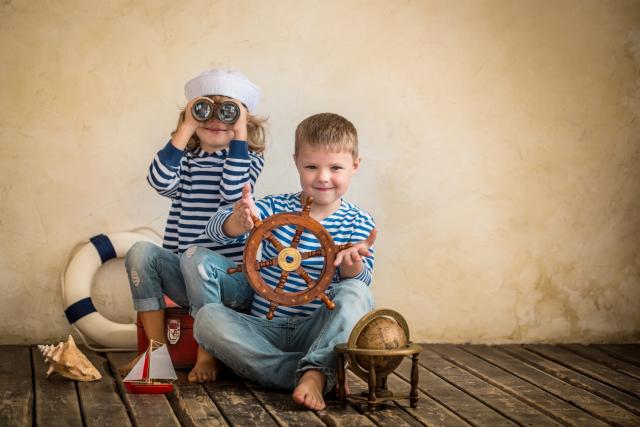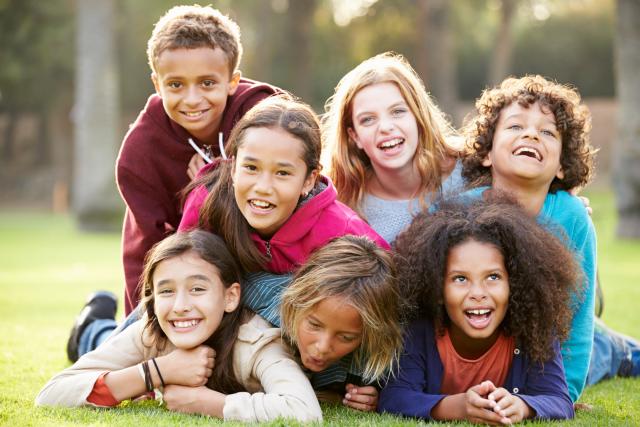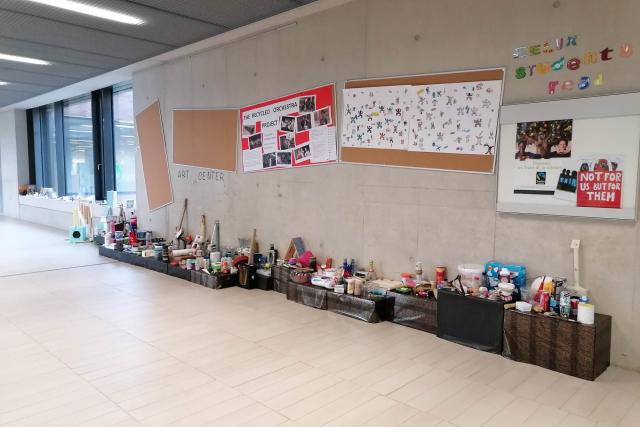Countryside trips (Green classes)
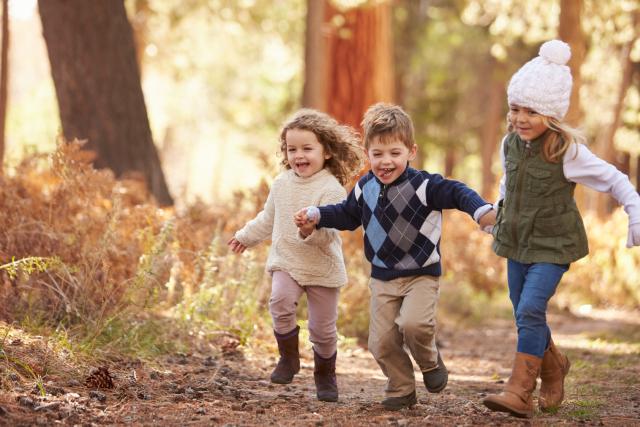
The students in the 2nd and 3rd grades of primary school take part in Green classes organized by the school in a rural center located in the countryside. Students take part in outdoor activities and nature projects.
- 3 day trip in the spring for 2nd year Primary;
- 5 day trip for 3rd year Primary.
Detailed information will be available to parents well before the school trip dates and can be found on their personal areas of SMS.
These trips are focused on the following themes:
- Discovering and appreciating nature,
- Practicing sports in a natural environment,
- Learning about local heritage and history
- Working on manual skills
- Inhabiting an environment different from a habitual one;
- Participating in nature sports both for fun and for physical fitness,
- Gaining local knowledge (about traditional jobs, forests, …) ;
- Stretching the imagination and expanding the definitions of pleasure and creativity as well as improving motor skills
- Developing self-esteem.
